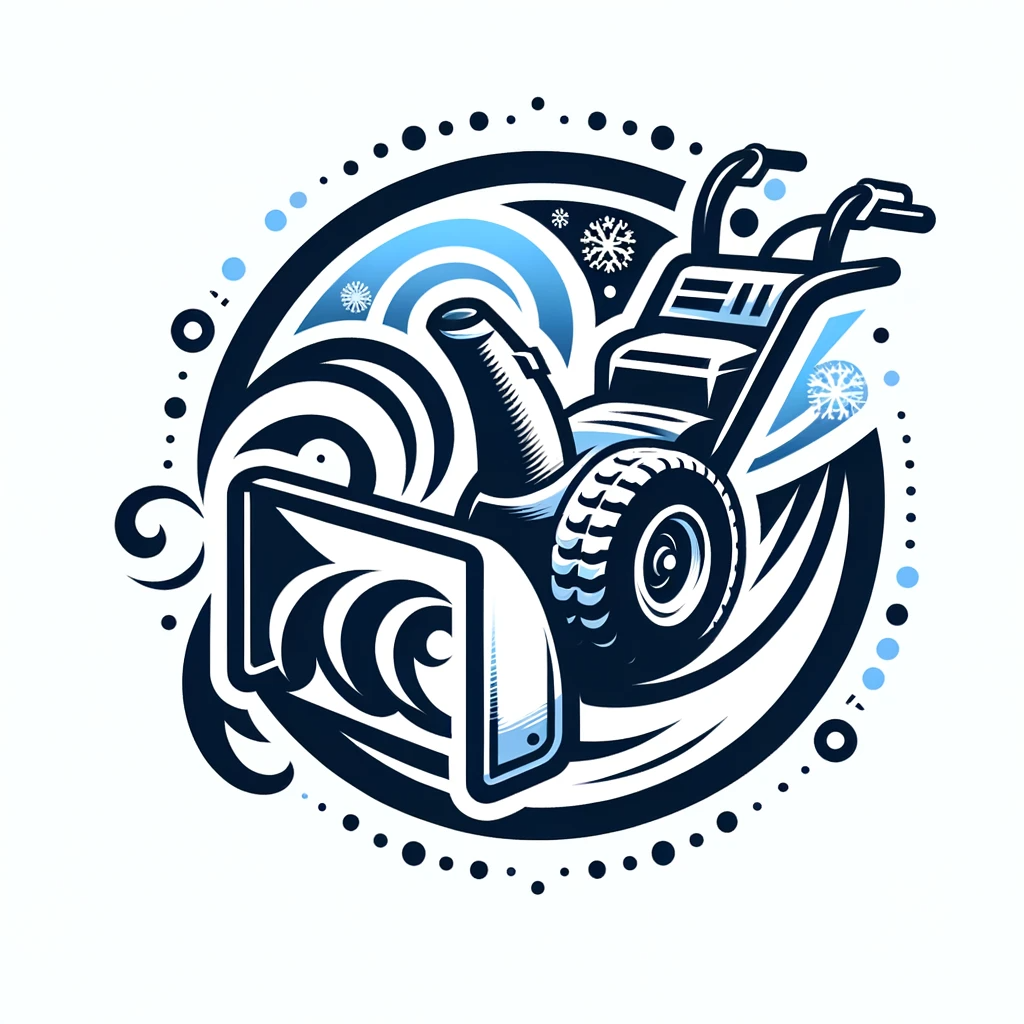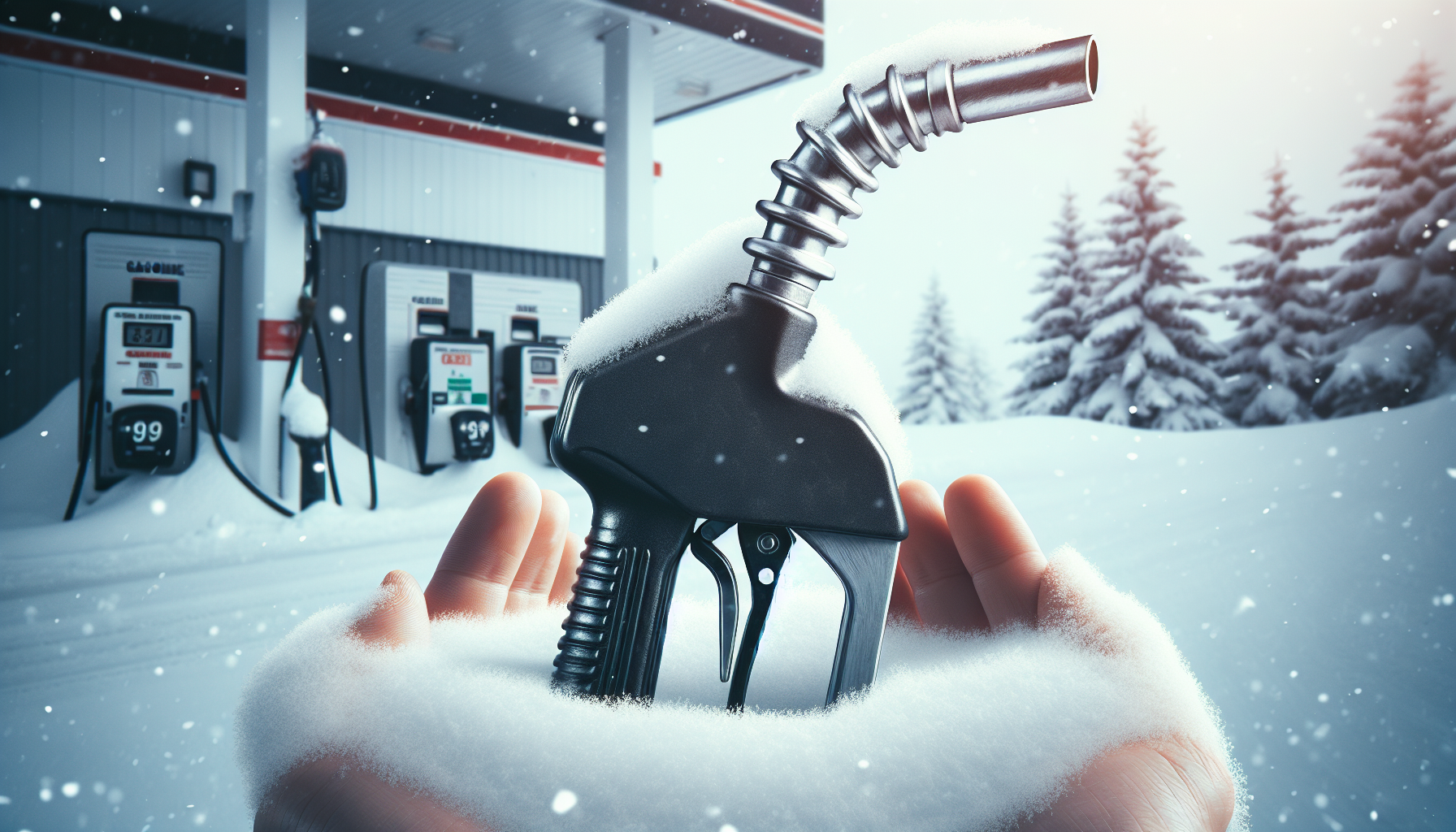If you’ve ever found yourself wondering whether it’s safe to use 87 octane fuel in your snowblower, you’re not alone. With winter fast approaching, it’s essential to ensure that your snowblower is ready for the snowy days ahead. But before you fill up the tank, let’s explore the topic further and find out if using 87 octane fuel is suitable for your snowblower.
Overview
What is octane rating?
Octane rating is a measurement of the quality and performance of gasoline. It determines how well the fuel can resist knocking or pinging in an engine. The octane rating indicates the fuel’s ability to withstand compression before igniting, which is crucial in preventing engine damage.
Why is octane rating important?
Octane rating is important because it directly affects the engine’s efficiency and performance. Using fuel with the correct octane rating ensures smooth combustion, prevents knocking, and maximizes power output. Using a lower octane fuel than recommended can lead to poor engine performance, increased fuel consumption, and potential engine damage.
What fuel is recommended for snowblowers?
Snowblowers are typically designed to run on regular unleaded gasoline with an octane rating of 87 or higher. However, it is crucial to refer to the snowblower’s owner’s manual for the manufacturer’s specific recommendations, as some models may have different requirements.
Understanding Octane Ratings
What is octane rating?
Octane rating is a measurement of a fuel’s ability to resist knocking or pinging in an engine. It is determined by comparing it to a mixture of iso-octane (high octane fuel) and normal heptane (low octane fuel). The octane rating is expressed as a number, with higher numbers indicating a higher resistance to knocking.
How is octane rating determined?
The octane rating is determined by conducting engine tests in a laboratory. Test engines are used to simulate various operating conditions, such as different temperatures and compression ratios. The fuel is then rated based on the performance of these engines, with the octane number representing the fuel’s ability to prevent knocking under the specific test conditions.
Fuel Requirements for Snowblowers
Understanding the fuel requirements of snowblowers
Snowblowers typically have engines that are designed to run on gasoline with an octane rating of 87 or higher. This is the same fuel commonly used in most vehicles and is readily available at gas stations. However, it is important to check the owner’s manual for the snowblower’s specific fuel requirements, as some models may have different recommendations.
Why is using the right fuel important?
Using the right fuel is crucial for optimal snowblower performance and longevity. Engine knocking caused by low-octane fuel can lead to decreased power, reduced efficiency, and potential engine damage. It also results in a loss of snowblower performance and may require more frequent maintenance. Using the recommended fuel ensures that the engine operates smoothly and delivers the necessary power to clear snow effectively.
Using 87 Octane in a Snowblower
Is it safe to use 87 octane in a snowblower?
Yes, it is generally safe to use 87 octane gasoline in a snowblower if it meets the manufacturer’s recommendations. Most snowblowers are designed to run on regular unleaded gasoline, which typically has an octane rating of 87. However, it is crucial to consult the owner’s manual for the specific fuel requirements of your snowblower model to ensure compatibility.
Potential risks and issues of using 87 octane
While using 87 octane fuel in a snowblower is generally safe, there are a few potential risks and issues to consider. When the engine is subjected to heavy loads or extreme weather conditions, it may experience knocking or loss of power due to the lower octane rating of the fuel. Additionally, using fuel with ethanol blends may increase the risk of corrosion and damage to certain engine components.
Effects on snowblower performance and longevity
Using 87 octane fuel in a snowblower that recommends this octane rating should not significantly affect its performance or longevity under normal operating conditions. However, if you frequently operate the snowblower in extreme weather conditions or at maximum capacity, higher octane fuel may offer better performance and prevent knocking. Regular maintenance and following the manufacturer’s recommendations are key to ensuring the snowblower’s longevity.
Alternatives to 87 Octane for Snowblowers
Using ethanol-blended fuel in snowblowers
Some gasoline available at gas stations contains ethanol, typically in blends such as E10 (10% ethanol) or E15 (15% ethanol). While it is generally safe to use ethanol-blended fuels in snowblowers that recommend 87 octane, precautions should be taken. Ethanol can attract moisture, leading to potential fuel system issues and corrosion. Using a fuel stabilizer designed for ethanol-blended fuels can help mitigate these risks.
Higher octane options for improved performance
If you frequently operate your snowblower in harsh weather conditions or need maximum power, using a fuel with a higher octane rating than 87 might provide improved performance. Premium gasoline, typically with an octane rating of 91 or 93, could offer better fuel combustion and prevent knocking during heavy use. Check the owner’s manual to see if your snowblower can benefit from higher octane fuels.
Tips for Using the Right Fuel in a Snowblower
Reading the owner’s manual
The owner’s manual for your snowblower is an essential resource for understanding its specific fuel requirements. It provides information on the recommended octane rating, any limitations or alternative fuel options, and valuable maintenance tips. Take the time to thoroughly read and understand the manual to ensure proper fuel selection and usage.
Avoiding fuel contamination
Contaminated fuel can lead to poor engine performance and potential damage. To avoid fuel contamination, always purchase gasoline from a reputable gas station and avoid using old or stale fuel. Consider using fuel stabilizers to prolong fuel freshness and prevent moisture build-up. Additionally, use clean and approved fuel containers for storage to prevent debris or contaminants from entering the fuel.
Fuel storage considerations
When storing your snowblower for an extended period, it is important to take proper fuel storage measures. Use a fuel stabilizer to prevent fuel degradation and protect the engine from harmful varnish and gum deposits. Run the snowblower until the fuel system is empty or drain the fuel tank to avoid potential issues caused by old or stale fuel. Follow the manufacturer’s recommendations for proper storage procedures to ensure a smooth start when you next need to use the snowblower.
Frequently Asked Questions
Can I mix different octane fuels?
It is generally not recommended to mix different octane fuels unless stated otherwise by the manufacturer. Mixing fuels with different octane ratings can disrupt the fuel’s ability to resist knocking and impact the engine’s performance. It is best to use the fuel recommended by the manufacturer or consult a professional if you have specific concerns or requirements.
What if I accidentally use the wrong fuel?
If you accidentally use the wrong fuel in your snowblower, it is important to drain the fuel tank and refill it with the correct fuel as soon as possible. Using the wrong fuel can lead to engine damage, decreased performance, and potential warranty issues. If you are unsure of how to properly drain the fuel or have concerns about the engine’s condition, it is advisable to seek assistance from a qualified technician.
Do I need to drain the fuel for storage?
Draining the fuel tank is generally recommended before storing your snowblower for extended periods. This prevents fuel degradation, varnish build-up, and potential carburetor issues caused by stale fuel. However, it is important to consult the owner’s manual for the manufacturer’s specific recommendations regarding fuel storage. Some models may have additional requirements or suggestions for fuel storage to ensure optimum performance and longevity of the snowblower.


